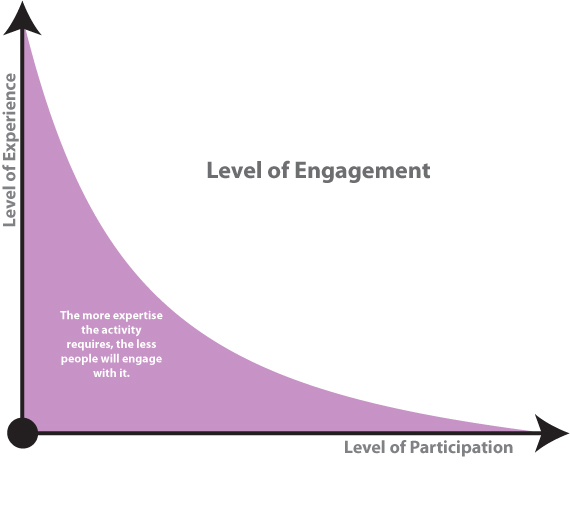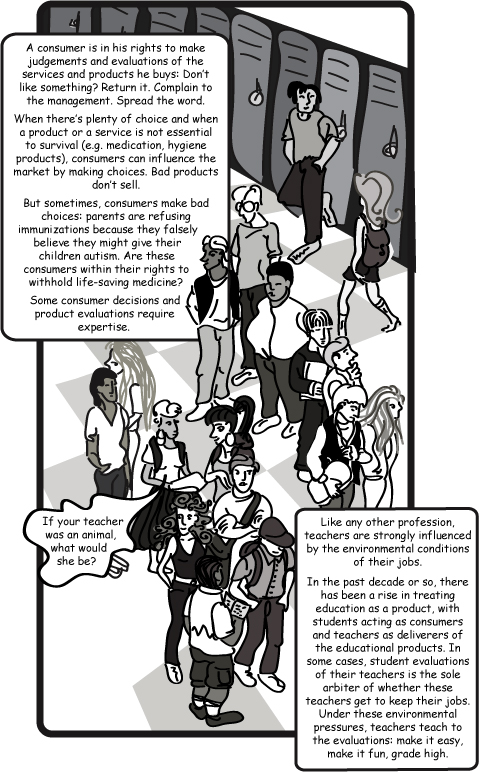
It’s All About Context When it comes to real-estate, it’s location, location, location. When it comes to design, it’s context, context, context. Consider the following scenario: you are going shopping at Good Will. You see a brand new coffee maker for $10. “Oh My God,” you say, “that’s incredibly expensive!” You don’t buy it. You go to Starbucks and see the exact same coffee maker on sale for $120. You get it—how can you pass up such a bargain? In a different setting, the perception of price of the coffee maker resolves as cheap even as the actual price is higher. Why? Why do we care about the context in which the product is sold as opposed to some other intrinsic characteristic? There are people who buy empty Tiffany’s blue boxes and cases. Why? So they can place jewelry and other gift items in there. The mere fact of being inside a blue box makes those object more valuable—they work harder. Again, the perceived value it’s not just in the intrinsic characteristic of an object in a box, but rather in the combination of the two: the product and its context. If a gift-giver tells you that the present you’re…




